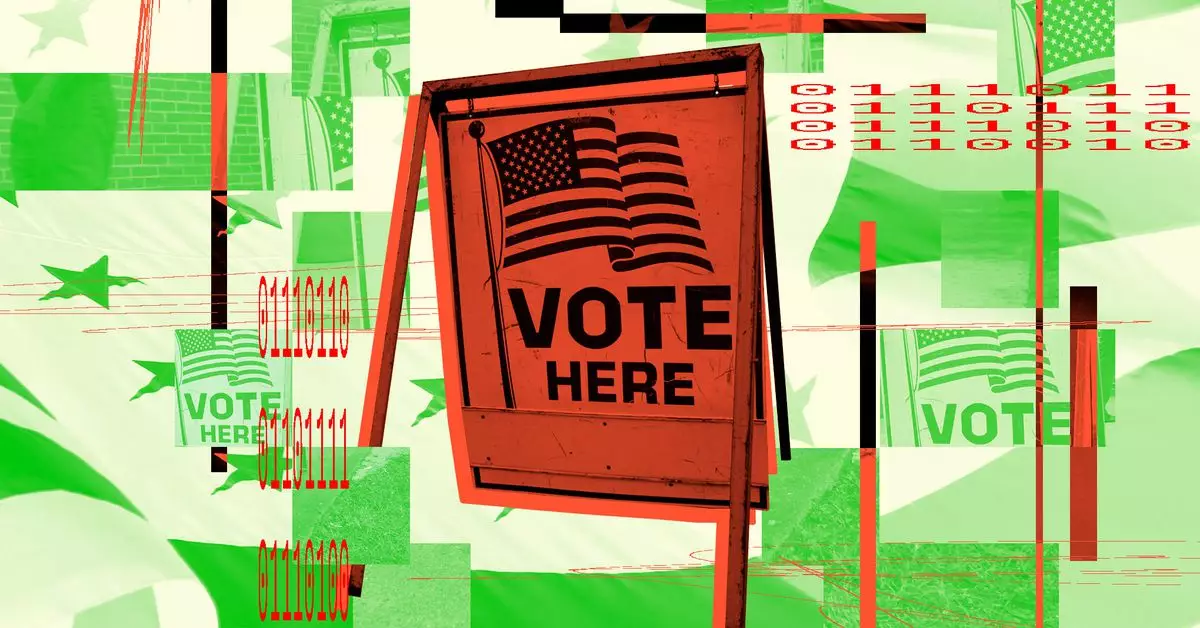In the realm of politics, music has often been used as a tool to connect with audiences, convey messages, and energize supporters. However, in recent times, a new trend has emerged – AI-generated political music. This trend has sparked controversy and raised questions about the intersection of technology, politics, and creativity.
Recently, the Democrats responded to a track released by Republican National Committee co-chair Lara Trump with their own AI-generated song titled “Party’s Fallin’ Down.” This move has been met with mixed reactions, with some viewing it as a creative response and others criticizing it as a waste of time and resources.
Critics have argued that using AI to create political music undermines the authenticity and emotional connection that traditional music can evoke. While the intention behind such creations may be to entertain or make a statement, the end result may fall short of resonating with the intended audience.
The use of generative AI in the realm of politics opens up a Pandora’s box of ethical and practical concerns. As technology continues to advance, the line between what is genuine and what is artificially created becomes increasingly blurred. This raises questions about the impact of technology on the democratic process and the manipulation of public opinion.
While the foray into AI-generated political music may be seen as a novel experiment, it also serves as a cautionary tale. As we navigate the ever-changing landscape of technology and politics, it is essential to critically examine the implications of blending the two. The true power of music lies in its ability to move and inspire people, and it is crucial that we do not sacrifice that authenticity in the pursuit of novelty.


Leave a Reply